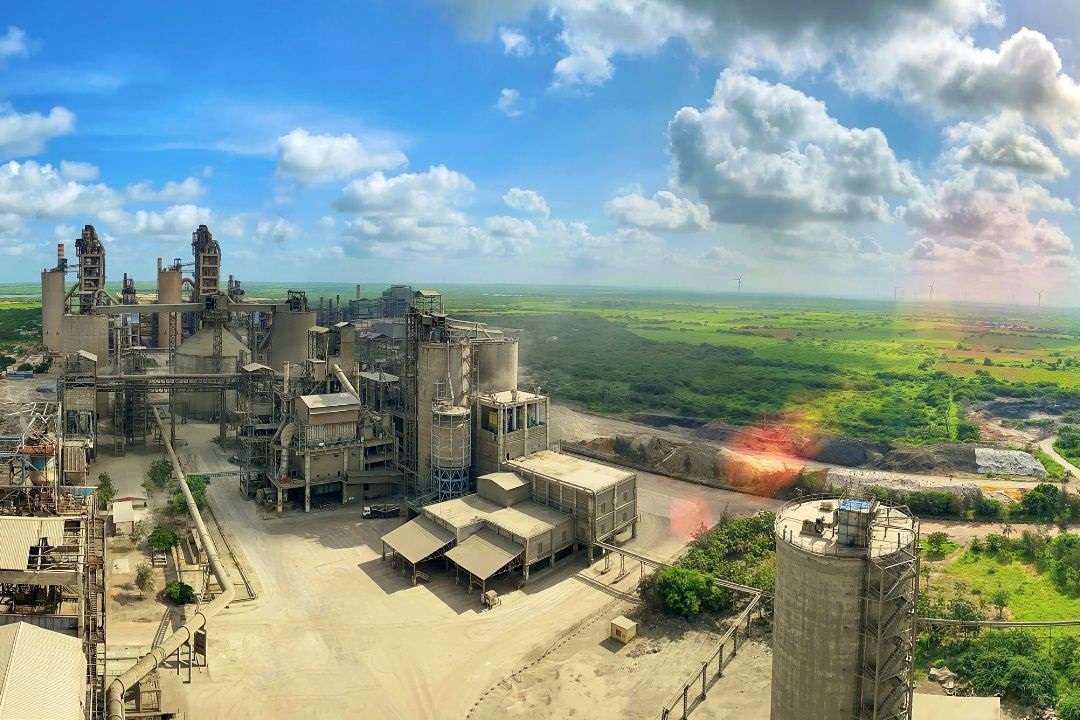UltraTech Cement Limited, the country’s largest producer of cement and ready-mix concrete, has successfully started operations of a 7.5 MW round-the-clock hybrid renewable energy system at its integrated cement plant, Sewagram Cement Works, in Gujarat.
This on-site setup combines bifacial solar panels with tracking systems, wind turbines, and battery storage — all integrated into a single solution. Designed to operate independently of the electricity grid, the system ensures consistent clean energy supply to power cement production processes. The project was developed in partnership with Gentari, a provider of sustainable energy solutions.
This behind-the-meter system is the first of its kind in India tailored for industrial energy use. It demonstrates how combining multiple renewable sources with advanced storage technology can significantly lower emissions and reduce operational energy costs at an industrial scale.
UltraTech’s deployment of this hybrid system marks a milestone in India’s transition to sustainable energy in heavy industries. It exemplifies the potential of customized, on-site renewable energy design in transforming how factories power their operations.
Aligned with its commitment to achieve Net Zero emissions by 2050, UltraTech is making green energy central to its business strategy. In FY25, the company became one of the first in India’s industrial sector to commission 1 gigawatt of renewable capacity for internal use. By 2027, UltraTech aims to source 65% of its electricity from renewables, with a target of 85% by 2030. Under its RE100 pledge, the company plans to meet all of its electricity needs from renewable sources by mid-century.
UltraTech Cement Limited, part of the Aditya Birla Group, is a global building materials company with revenues of USD 8.9 billion. It ranks as the world’s third-largest cement producer outside of China, with a grey cement capacity of 192.26 million tonnes per annum. UltraTech is a signatory to the Global Cement and Concrete Association’s (GCCA) Climate Ambition 2050 and is actively pursuing the GCCA’s Net Zero Concrete Roadmap.







